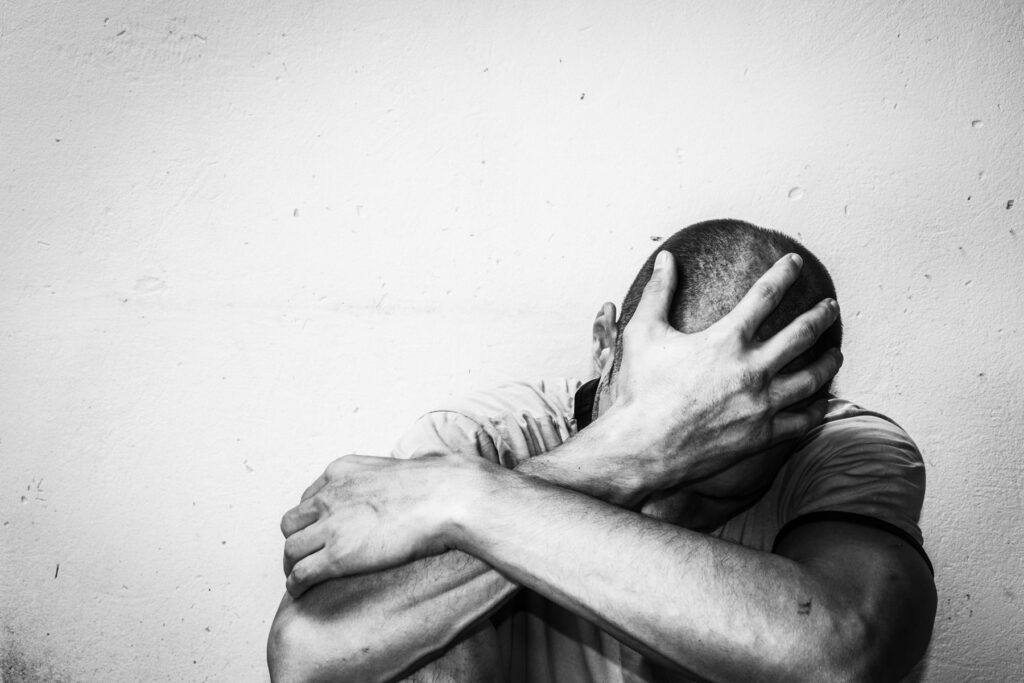The stages of addiction often unfold without warning, leaving you wondering how it came to this point. You may have tried to quit or promised yourself you’d cut back, only to find the cycle pulling you back in. It’s a frustrating, isolating place to be, but it’s not where your story has to end.
The addiction treatment programs at Woodland Recovery Center are designed to help clients take back control, one step at a time. We understand that addiction doesn’t happen in a vacuum and is often tied to stress, pain, or experiences that feel too heavy to carry alone. That’s why we focus on meeting you where you are, whether you’re just beginning to recognize the issue or have been battling it for years. Call us at 662.222.2989 to learn more about our addiction treatment programs and find a program that suits your needs and recovery goals.
How Does Addiction Start?
It doesn’t happen overnight. Addiction often begins innocently, with a person looking for relief, pleasure, or escape. Maybe it’s a glass of wine to unwind after work or a prescription painkiller following surgery. At first, it feels like control is yours to wield.
But slowly, things shift. That occasional drink becomes the daily drink. The prescription runs out, and the search for substitutes begins. What once seemed manageable spirals into something larger than life. Addiction often creeps in through vulnerability, stress, trauma, or loneliness, and it gains strength through routine. When it begins to control your decisions, relationships, and health, addiction has taken root. But it’s not the end of the story, rather the moment to seek change.
What Are the Stages of Addiction?
Experts identify several stages that addiction follows. These stages provide a roadmap of how addiction evolves and how recovery can begin.
- Experimentation – The first use, often prompted by curiosity, social pressure, or a desire to feel better.
- Regular use – A pattern forms, and the substance or behavior becomes a go-to coping mechanism.
- Risky use – Choices around the addiction start to have negative consequences, like damaged relationships or legal trouble, but the behavior persists.
- Dependence – Physical and psychological reliance sets in, making it difficult to stop without experiencing withdrawal symptoms or intense cravings.
- Addiction – Life revolves around addiction, and stopping feels impossible without help.
These stages illustrate that addiction doesn’t just happen to someone—it builds over time. If you find yourself anywhere on this spectrum, remember: recovery is always possible, and there’s no stage too far gone to seek help.
How Long Does It Take to Break an Addiction?
Recovery doesn’t follow a universal timeline. For some, the path to breaking addiction starts with a few weeks of detox and stabilization. For others, it might involve months, or even years, of structured therapy, support, and personal growth.
At Woodland Recovery Center, we emphasize that recovery isn’t just about stopping use. It’s about creating a sustainable, fulfilling life where addiction no longer holds sway. With our day programs, group therapy, and aftercare services, we work with clients to rebuild lives, not just break habits. The truth is that breaking an addiction takes as long as it takes to uncover the root causes and build the tools to move forward. But every day you commit to the journey, you’re winning.
Contact Woodland Recovery Center and Sign Up for Our Addiction Treatment Program
At Woodland Recovery Center, we understand that seeking help can feel overwhelming. That’s why we’ve created a space where clients feel supported, not judged. Whether you’re navigating the early stages of addiction or have been struggling for years, our flexible programs are here to meet your needs. Our group therapy sessions foster connection and understanding, while our veterans program and alumni services ensure no one walks the journey alone.
Imagine stepping back into your life with a sense of freedom and control because recovery isn’t just about breaking addiction. It’s about rediscovering yourself. Ready to take the first step? Call us at 662.222.2989 or complete our online contact form and rediscover hope today. Recovery isn’t an end–it’s a beginning.



